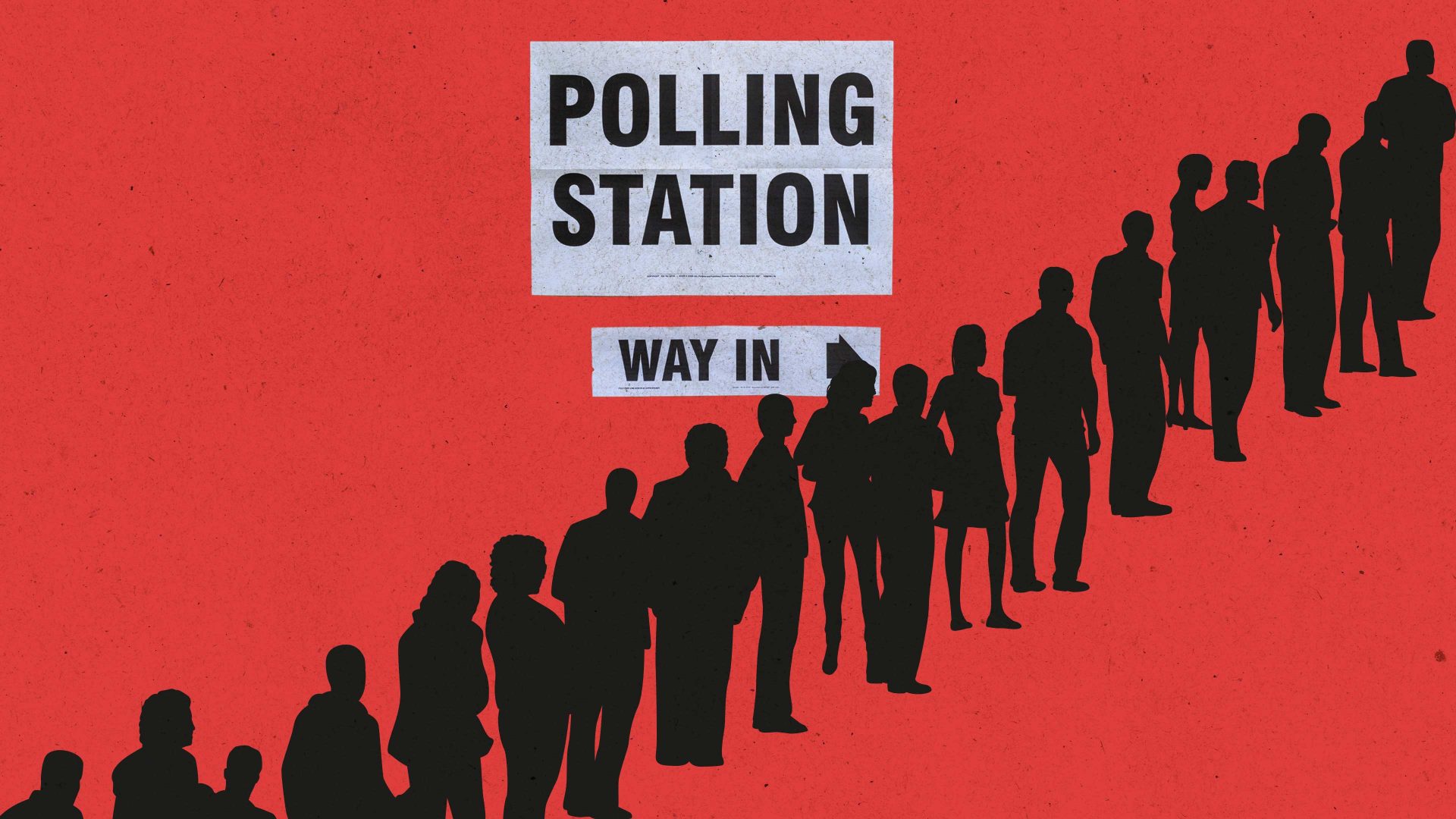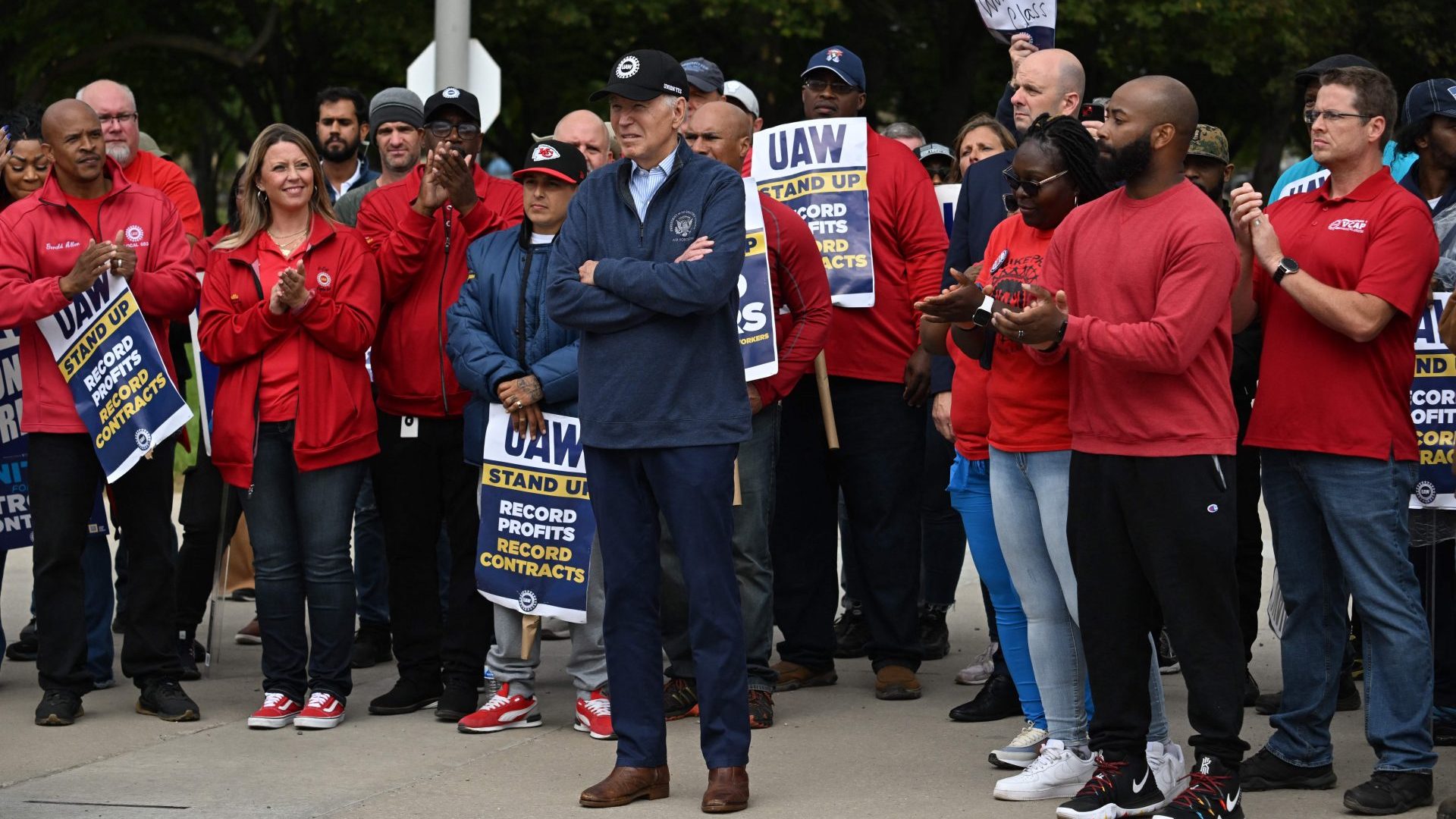As many businesses, charities, political parties, leaders and other individuals have heard (and often paid me generously to hear), I have long prided myself on being very clear about the objective in any project in which I involve myself.
Only when the objective is clear can you begin to devise a proper strategy. Only when the strategy is clear should you even begin to think about tactics. It is why I once inadvertently raised a big laugh when making a speech in Oslo, where I said O-S-T were the three most important letters in the alphabet. OST, I learned, is Norwegian for cheese.
However, I confess that when I was first asked to launch a political podcast, and find a Tory with whom to do it, I did not apply my usual approach. Looking back, it might have been best summed up as follows:
O – launch a political podcast.
S – suck it and see.
T – find a Tory I can talk to without losing my temper every five minutes; have a motto of “disagree agreeably”; maybe do the occasional live show; review after a couple of months; if it goes well, great; if not, hey ho, move on.
So I think I speak for both of us when I say that Rory Stewart and I have been as surprised as anyone that The Rest Is Politics has become the most listened-to podcast in the country. A quick look at the data tells me there were close to 9,000,000 downloads last month. On the rare occasions we have strayed from the top of the charts, it has not been for long. We are indeed doing occasional live shows and selling out large venues ridiculously fast. And though Rory and I have both had No 1 bestsellers in the past, none got there quite as fast as our most recent publications, the offer of which also led to the two biggest rises in New European subscriptions.
OK, fact-based boast over. The point is that the claim made to me when Tony Pastor and Jack Davenport, execs from the podcast company Goalhanger, first approached me – that “it could be really influential come election time if you hit the right note” – might have something to it. At the time I dismissed the suggestion with what a hostile newspaper once described as “Campbell’s trademark curl of the lip.” But when a third of our listeners are under 30, and many say they read no newspapers and watch very little news, the curl can turn into something closer to a smile.
The brand having been pretty well-established in the political world, and given the volume of feedback we get each week, we are now moving into polling. Not the stuff I sometimes condemn as “junk food journalism” in which people are asked to imagine there is an election tomorrow (there isn’t by the way), but questions that might help us better understand how that electoral landscape is shaping up.
So for example – with thanks to Ipsos – we were keen to know just how settled people were in their current electoral thinking. It is hard for someone like me – who despite my reservations about how they have handled Brexit will vote Labour pretty much regardless of anything that happens between now and polling day – to understand the concept of the “don’t know” voter. But there are millions of them.
Take this question: Thinking ahead to the next general election, would you say you have definitely decided which party you will vote for, or is there a chance you may change your mind? 36% have decided, and won’t change their mind; 38% said they might change their mind; 15% said don’t know, 10% said they wouldn’t vote.
Of those currently saying they are likely to vote Labour, 46% said they were definitely decided, 45% that they could be persuaded to change their mind. For likely Tory voters, it was 41% definite, 49% less so.
We also asked, of all the parties standing across Britain, how likely people would be to consider voting for them. For Labour, 44% said they would be very or fairly likely to think about voting for them, 39% said they wouldn’t. For the Tories, 32% likely, 51% not. But perhaps more interesting were the findings on smaller parties. Lib Dems – 28% v 55%; Greens 25% v 58%; Reform 17% v 63%.
For the three of them, then, that is a far higher figure than their current projected vote share. So though the findings confirm that the Tories are in big trouble – 23% of those who voted Tory in 2019 now say they are unlikely to do so again, and 21% of the same cohort say they would consider voting Labour – they also show that if Labour win, it could be anything from a coalition to a landslide, depending on where the undecideds and the don’t-knows eventually go. It really is all to play for.
We sent the findings to pollsters more experienced than us who agreed the high proportion of undecideds was one of the two most interesting insights. The other was about tax.
Almost exactly the same proportion of people – 55% – expect the Tories to raise taxes after the election as they do Labour – 56%. That suggests that, through a combination of shadow chancellor Rachel Reeves’s tight grip on spending promises, and the Tories presiding over high taxation and chaotic economic management, Labour have neutralised the issue since the days when a “tax bombshell” in the middle of an election campaign would see significant damage to their standing. By contrast, despite the Tories’ relative profligacy in recent years, Labour are seen as the party most likely to increase spending on public services.
As to whether the Reeves approach is right, from a purely electoral perspective, the answer would seem to be yes. If either party went to the election insisting taxes would have to rise, they would pay quite a price.
That politics and politicians are currently held in fairly low regard, especially after the era of Johnson and Truss, is a surprise to nobody. Indeed the figures on trust and truth, in which we asked people “how often, if at all, do you think each of the following tell the truth generally?” were perhaps better than expected. 25% think Keir Starmer tells the truth “all the time,” 24% “most of the time,” 38% “not often or never”.
There were similar findings for “politicians who led the campaign for the UK to remain in the EU”. “My local MP” scores slightly worse than Starmer, and Rishi Sunak worse still – 20% think he tells the truth all the time, 23% most of the time, 47% never – followed by the leaders of the Leave campaign and, worst of all, “government ministers”. A review of their media performance might be in order. I am writing this on Saturday morning. In the background the transport minister, Mark Harper, is dying live on radio, as he tries to answer simple questions about HS2 with non sequiturs about potholes, speed limits and bus fares.
On issues as varied as Europe, the constitution and artificial intelligence, we intend to revisit the same questions over time, and I shall report back periodically. We are also keen to have listeners’ suggestions about what issues and themes we should be exploring, and what questions we might ask of the public. Feel free to contribute via the New European letters page, which is among my favourite bits of the paper. We definitely get better letters than the more established papers.
And while I am on the subject of the paper, and of podcasts, if you haven’t already done so, do check out The Two Matts, Messrs Kelly and d’Ancona. Always worth a listen.



